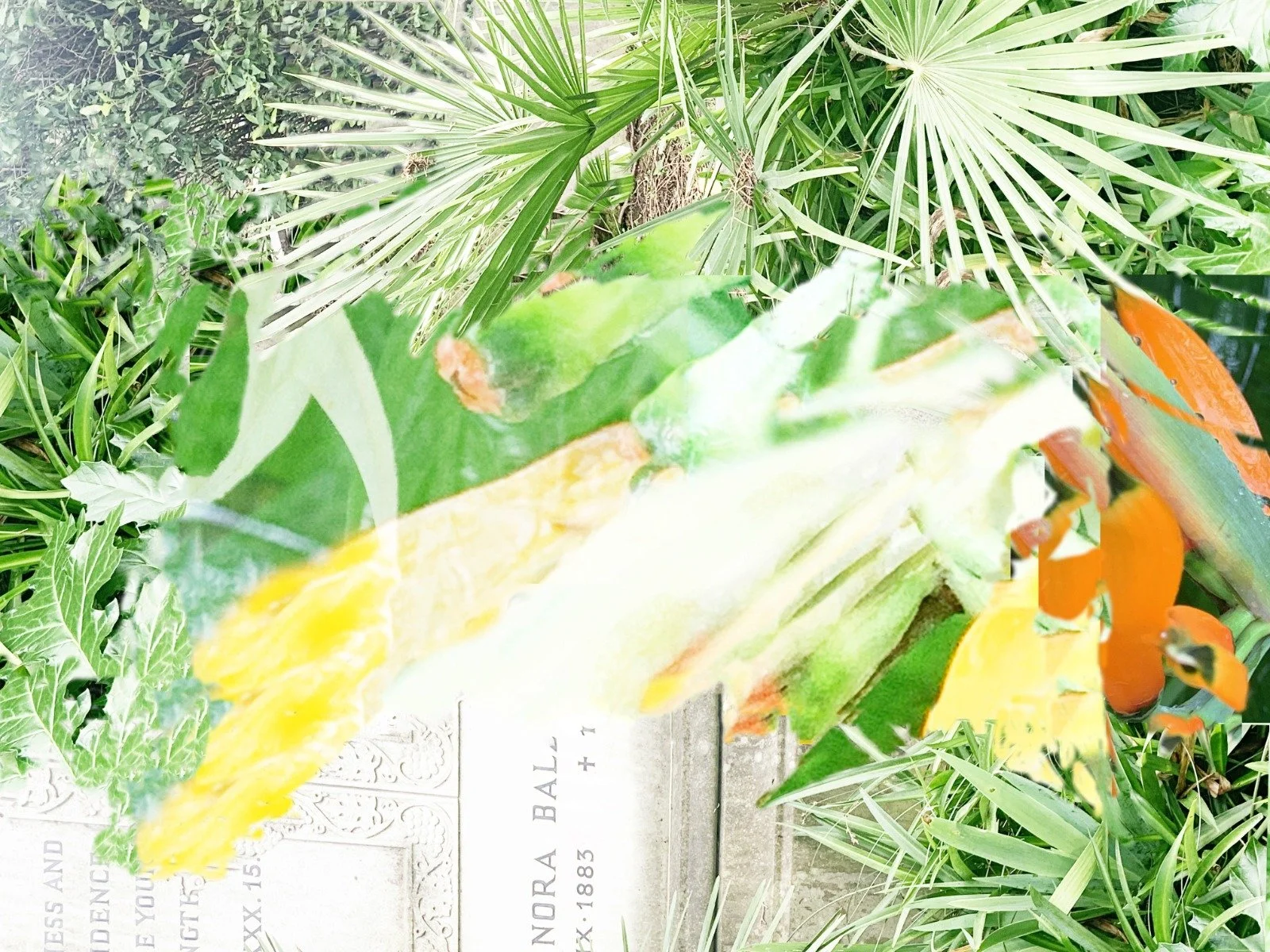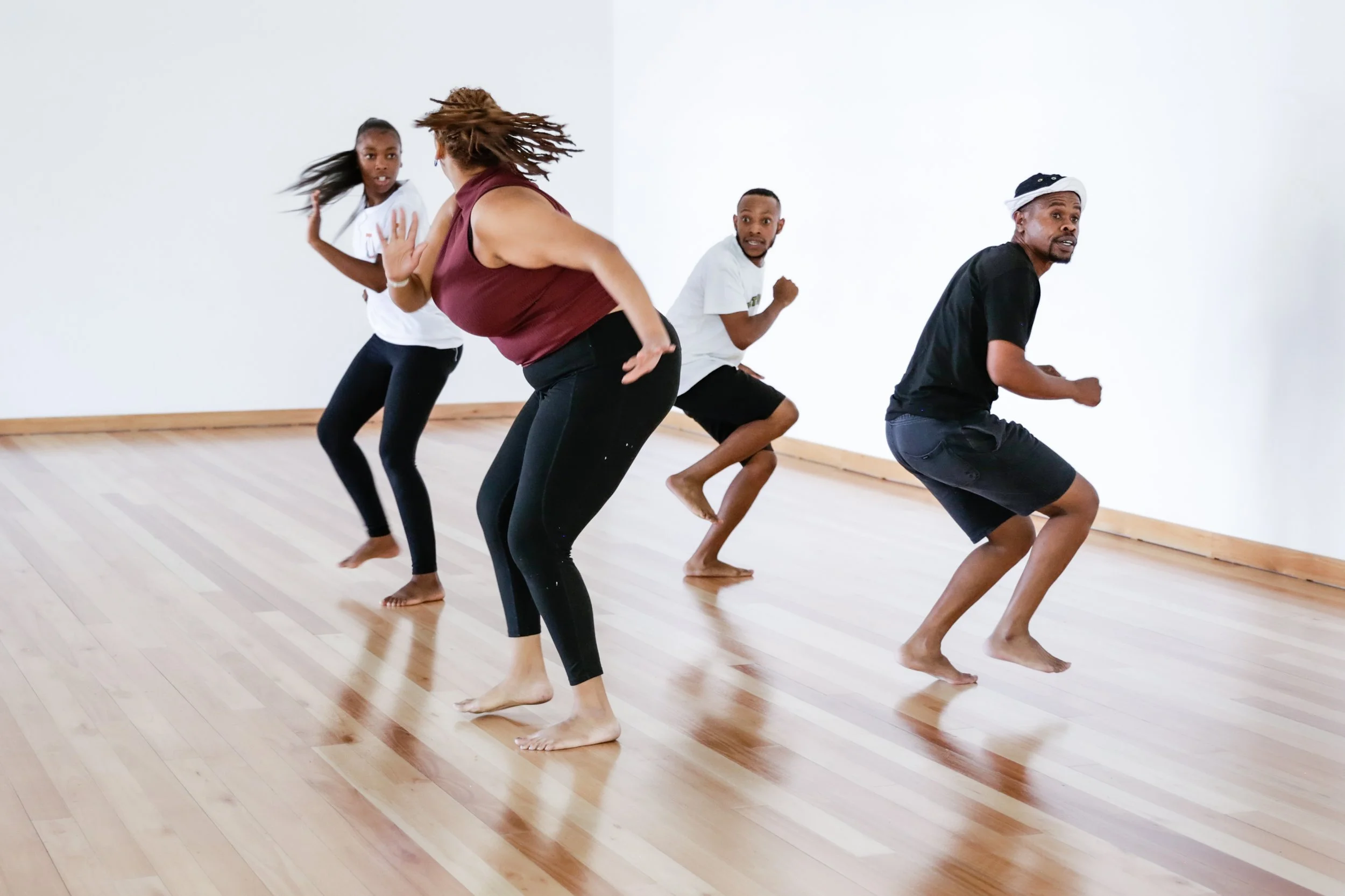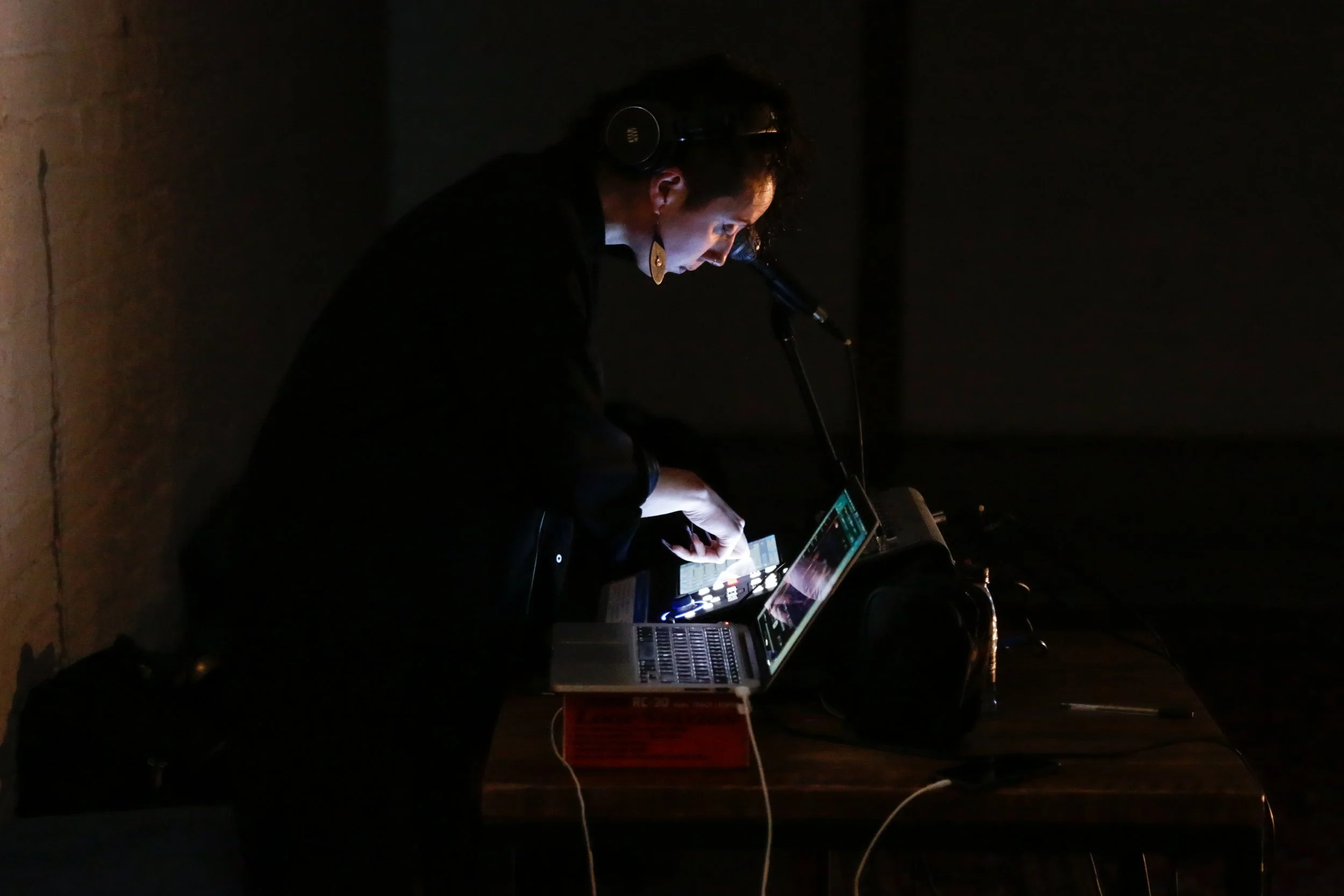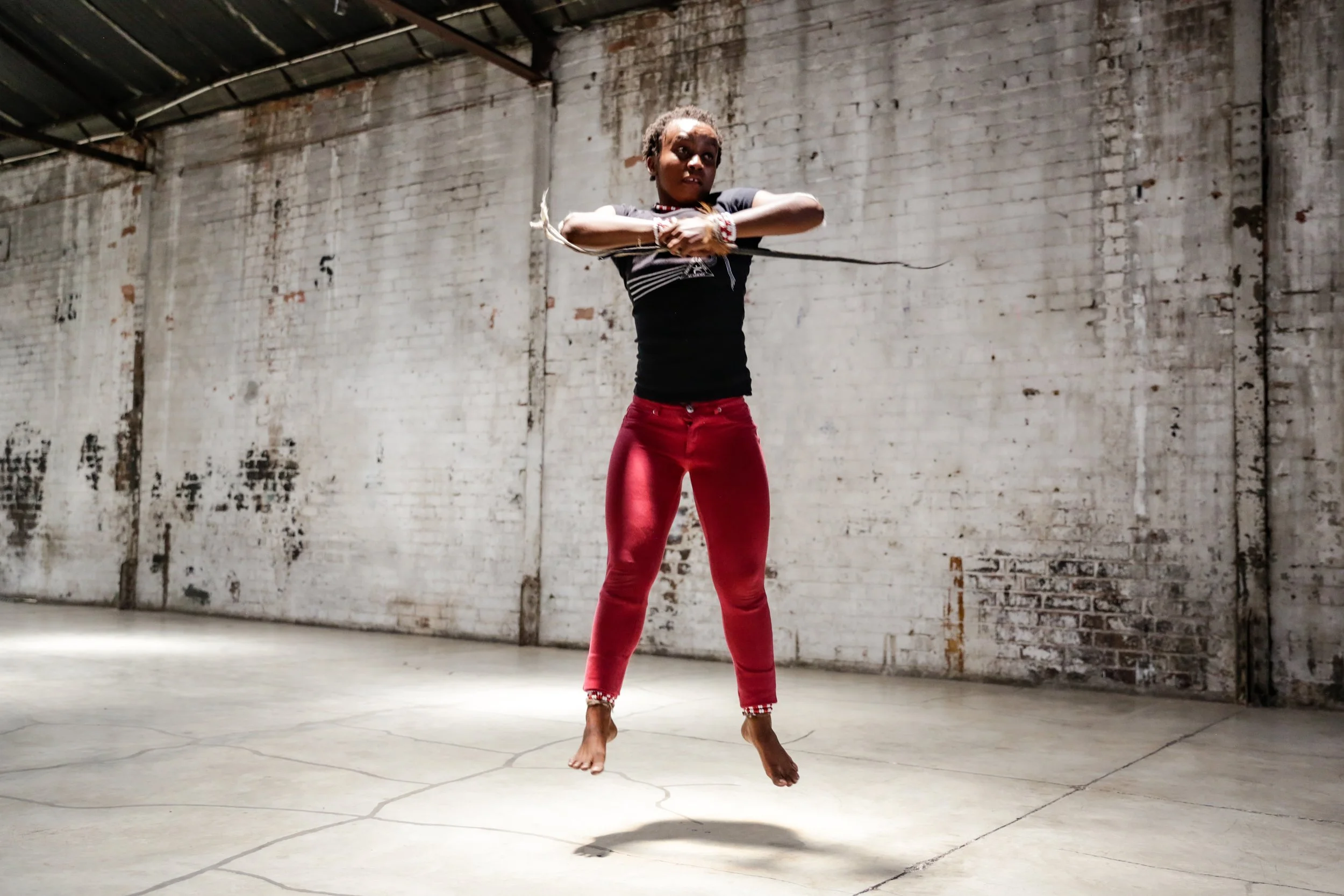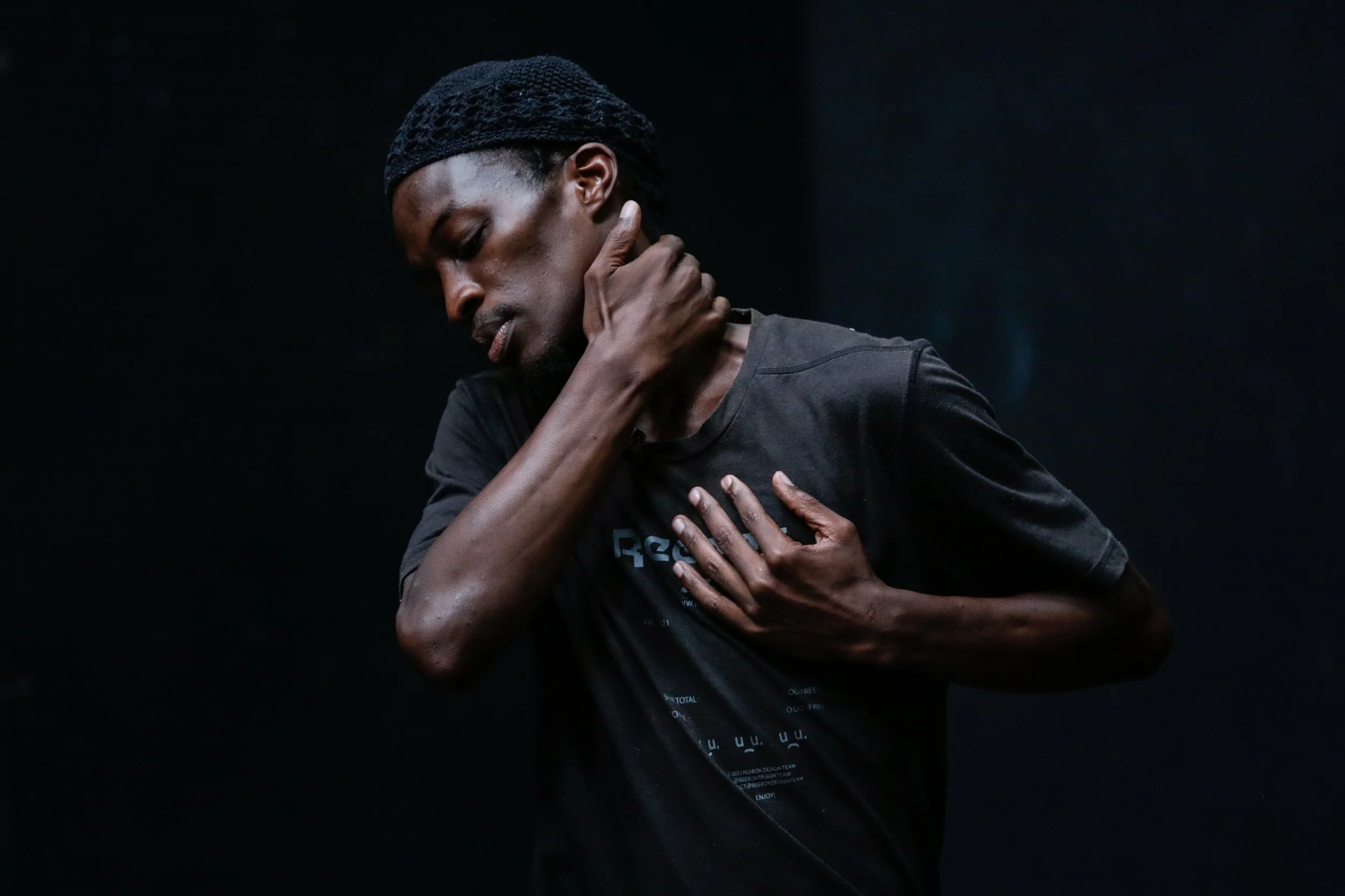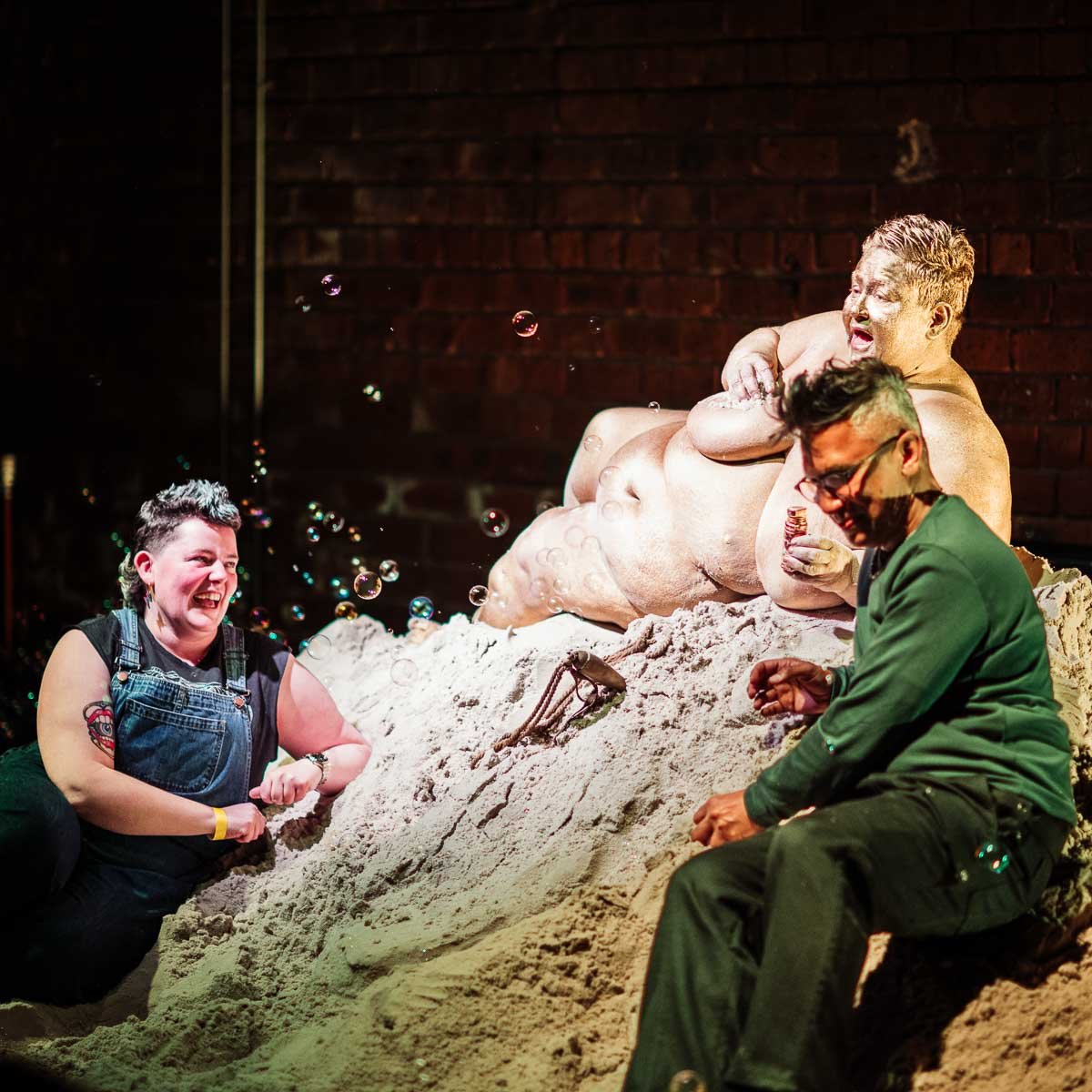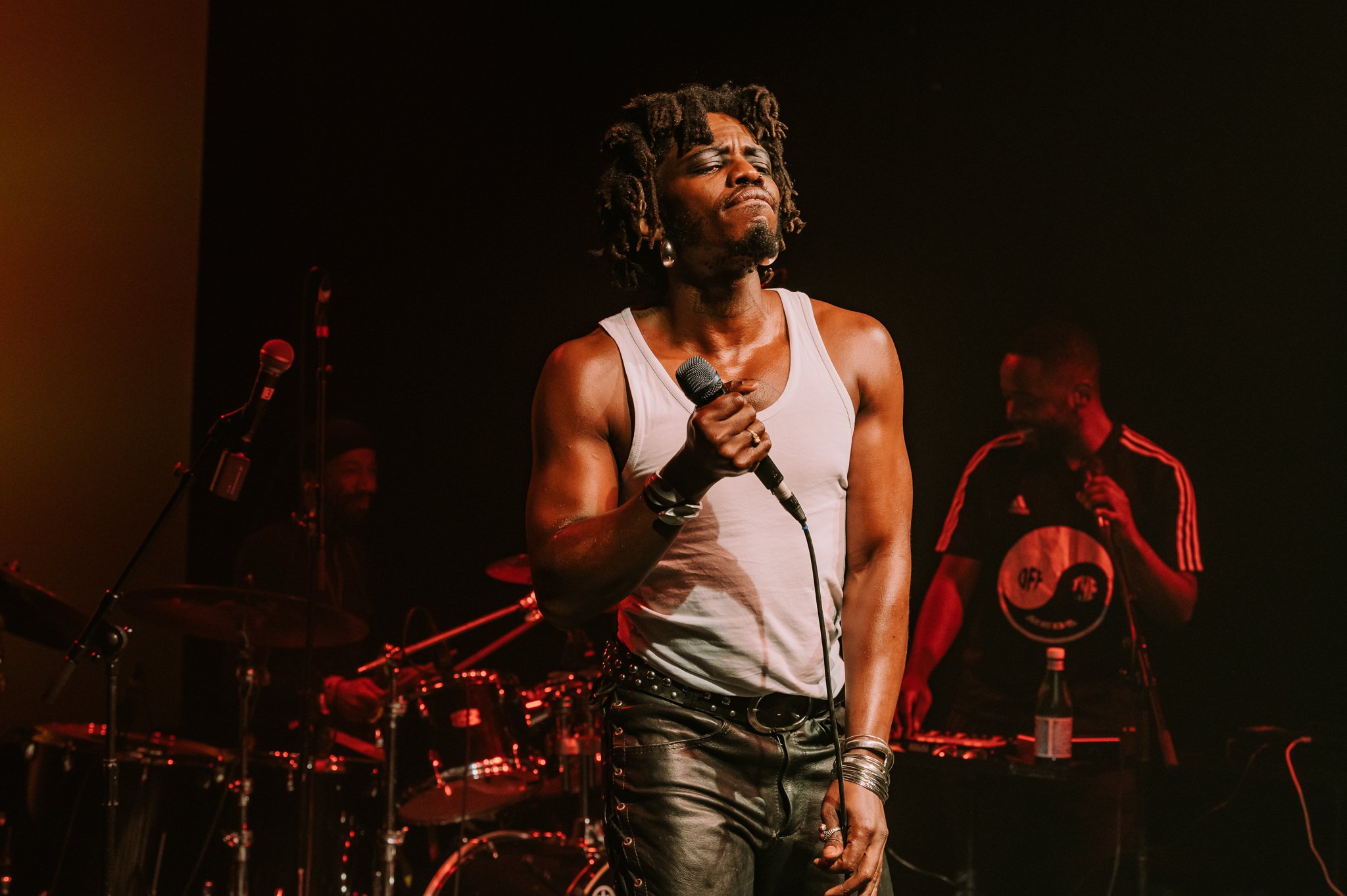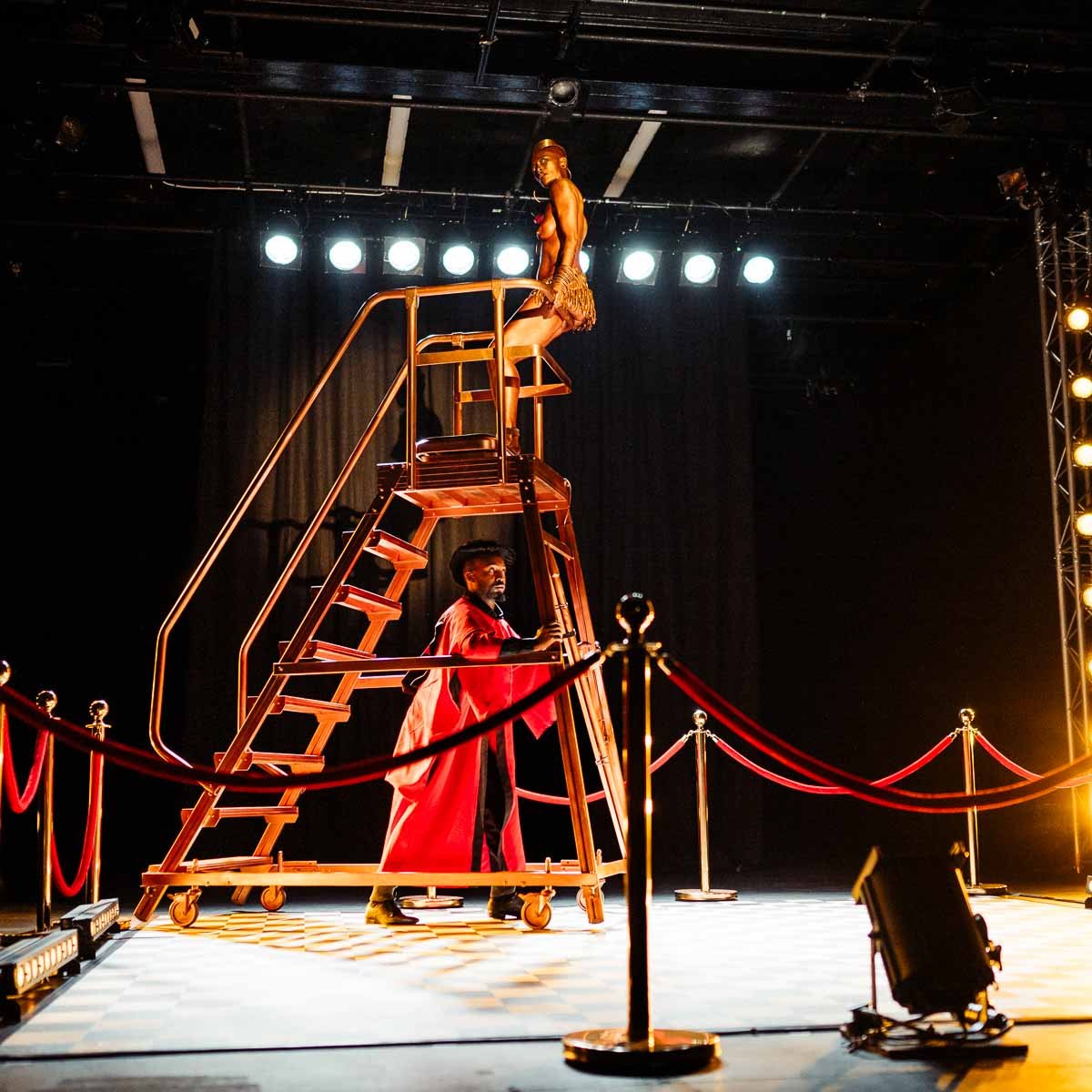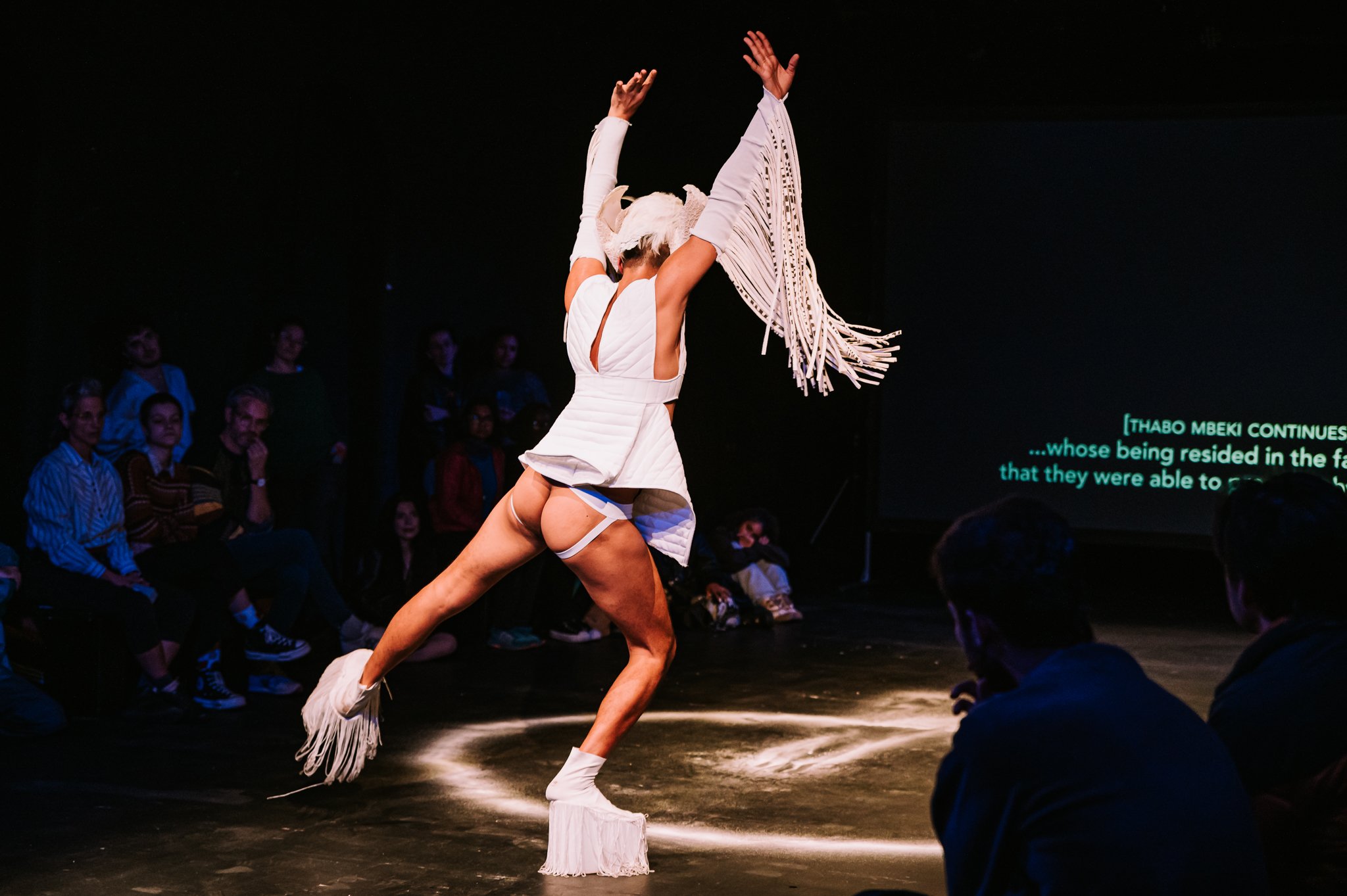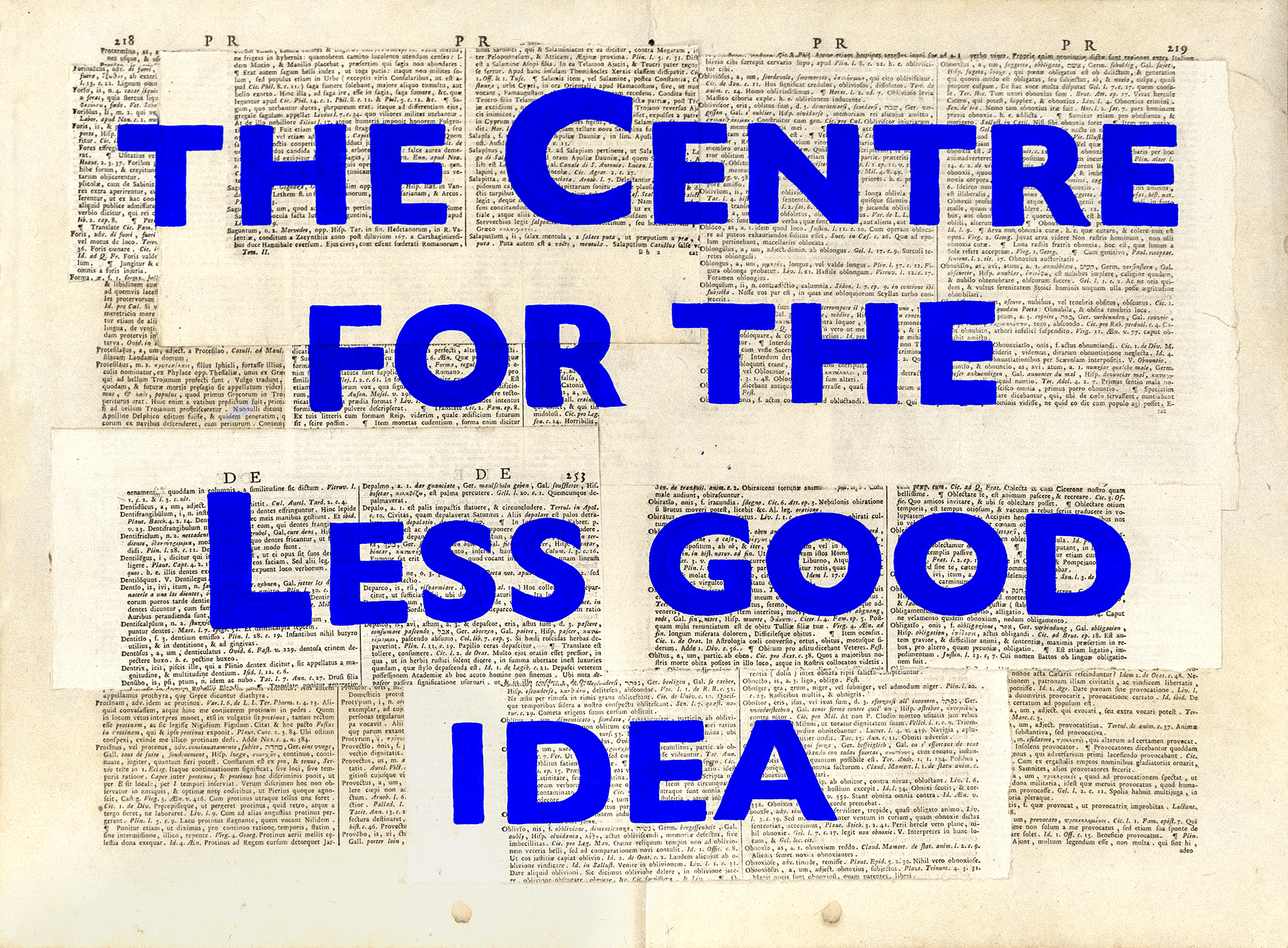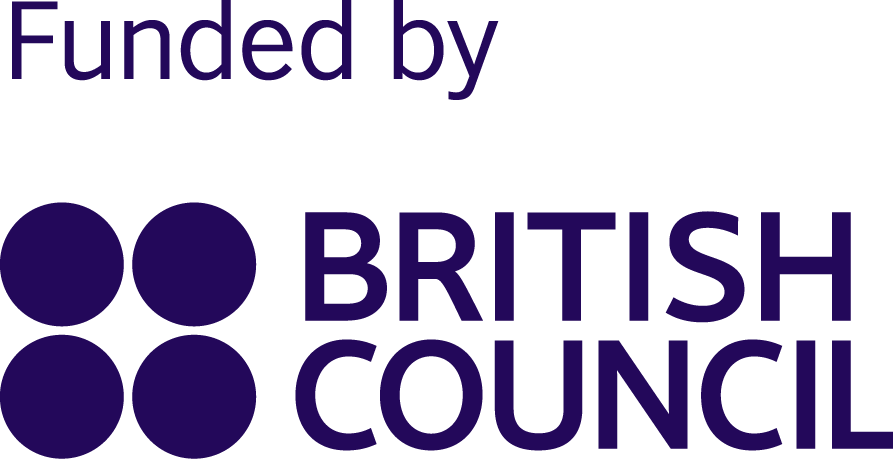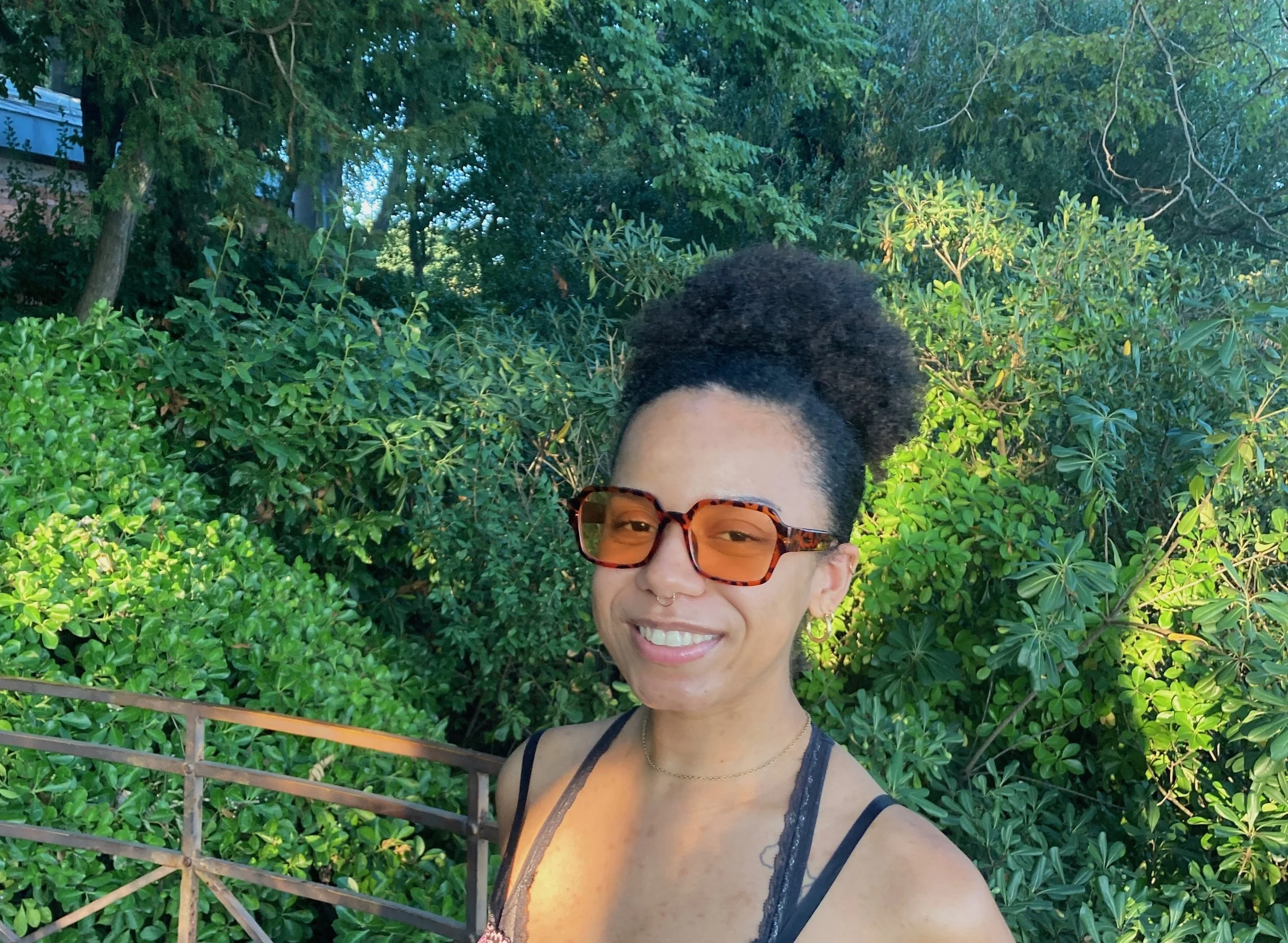Nando Messias’ TransMission: Sissy TV is a reminder to live beautifully
To mark Trans Awareness week 2023, Zinzi Buchanan reflects on Nando Messias’ TransMission: Sissy TV, a performance exploring their personal and artistic archive, accumulated over two decades of creating work. Messias uses their archive as a framework to discuss larger issues such as transphobia, the pathologisation of trans bodies and identities, trans exclusion, social violence and visibility. It was performed as part of Take Me Somewhere Festival in Glasgow in October.
Nando Messias invites us into the theatre, which they have turned into their closet, to see, touch, smell and hear their personal archive. Through re-visiting past performances they tell of the experiences that brought them to the spotlight of performance and the importance of voicing and remembering Trans histories in an intimate way today.
An archive is often thought to be related to 2D materials such as text and images, but can also be embodied, as Messias shows by bringing not just beautiful clothing in their extensive wardrobe, but their body, voice, memory and stories. For one hour they open up the archive using multiple items of clothing that came into their life through decades of making performances.
Messias had me arriving into my own body as they stepped slowly into a pair of sparkly red knickers in silence. There is a sense of watching something too private and Messias seems to know this and makes a joke to show that they are at ease with themself. They stand in the knickers and matching red shoes and speak. Messias goes back in time to when they were making a work about Brazil, their home country, also the most deadly nation for Trans people. In the time spent making the piece twelve Trans people were killed in Brazil and Messias brought a pair of underwear for each. Now they are lined up on a long cardboard box – a river of red lace and glitter overlapping each other. I think of the Trans friends lost in my own lifetime and wonder how they could gather now.
Another story of violence hit closer to home – in the UK. In the theatre, Messias walks towards a baby blue gown hung on a coat hanger with a matching feather boa draped over it’s unfilled shoulders. Messias bought this dress and hired a marching band and returned to the scene of an attack they experienced. They needed years of critical distance before making that full-volume, glamorous performance, which sits alongside the attack in the archive.
Messias seems to weave time together, showing how remembering is essential for finding beauty in living, despite horror. They look around and say “we [Trans people] always had a voice and this is what it sounds like” and then sings. We hear them sing over and over throughout the show, just like they returned to performance over the past two decades, even if years of retreat were needed – they made it back. There is a fullness to Messias’ voice, just as there is to their life and the events, the joy and the grief, that made this archive.
The items themselves are beautiful to look at, but Messias’ archive carries a beauty beyond colour and detail. The framing of Messias’ own experience (and broader Trans experience) is done with such humility and vulnerability, that I have no doubt they could’ve brought a bag of grey and blue joggers and still felt its beauty. Instead, Messias brought rows of the most fabulous shoes, home-made hair-earrings, a Cinderella dress and so much more.
These acted like amplifiers, bringing them shrieks of joy as they changed shoes or stood tall, claiming to feel safe, despite wearing undies that barely cover anything. Messias tells us they don’t want to hide away. We feel their aliveness in their performance and how it is not separate from being alive in everyday life. Each of these past performances still lives within Messias. They are very present, sensing change: The archive won’t be the same when you leave as when the evening began, they promise.
The lights are low and Messias sits centre stage. We can feel that our time together is winding down. Messias sets fire to one of the hair-earrings that they made during lockdown when their hair was falling out and they thought they were dying. Like in every other moment of her archive, Messias harnesses fear and creates beauty out of it. We sit together in a kind of séance, “Allow my body to meet your body through your nostrils,” Messias says.
Because we have come to trust Messias through sharing their life, we open our nostrils despite the anticipation of the horrific smell of burning hair. ‘We are not separate’ seems to be the message here. You can close your senses to my body, you can try to shut out my existence, but I am not going anywhere. “I’ve always wanted to do that,” Messias remarks. As their DNA lifts into the air, we are left with the residue of this beautiful Trans archive: song, pain, laughter, a gift, a request for help, the delight at finding a vegan marshmallow in a tiny handbag, a loud sound and the smell of burning hair.
Reproduced with kind permission of Disability Arts Online
This review was first published 16 November 2023
Main photo © Holly Revell
